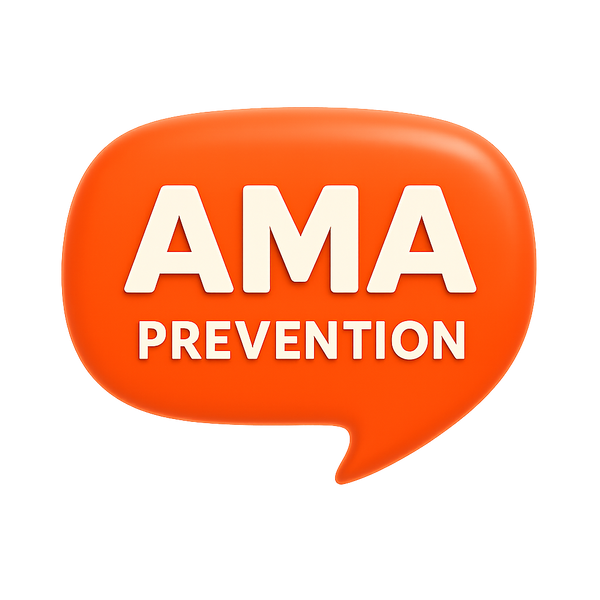
The Court of Cassation validates the use of saliva tests without proof of their reliability
Share
A key decision for the legal framework for road screening
On March 12, 2025 , the Court of Cassation issued an important ruling clarifying the legal framework for saliva drug tests carried out by law enforcement. The ruling (appeal no. 24-82.925) overturns a decision by the Rennes Court of Appeal that had annulled proceedings on the grounds that the police had not provided precise information on the reliability of the test used.
This decision could have a direct impact on road checks , but also on debates surrounding the prevention and fight against drug use while driving.
The facts of the case: an acquittal overturned by the Court of Cassation
The case involved a driver stopped in February 2019 by the police, who performed a saliva test that revealed the presence of narcotics. Based on this screening, samples were taken and confirmed the positive result.
Convicted at first instance , the motorist won his case on appeal, the court having ruled that the absence of precise information on the test (brand, batch number, expiry date) prevented its reliability from being verified.
The Attorney General then filed an appeal in cassation, contesting this cancellation.
Why did the Court of Cassation overturn the decision of the Court of Appeal?
The Court of Cassation relied on Articles L. 235-1 and L. 235-2 of the Highway Code to make its decision. According to these texts:
- Saliva screening tests are only used to presume drug use.
- They allow for the authorization of a biological sample which can irrefutably establish the offense.
- Law enforcement agencies are not required to prove the reliability of the saliva test , nor to specify its technical references.
The Court of Cassation therefore ruled that the Court of Appeal had committed an error of law in annulling the proceedings on grounds that had no legal basis.
Consequence: the decision is annulled and the case will be retried.
What are the consequences for motorists and road safety?
This decision reinforces the legitimacy of saliva tests , which are now incontestable, even if their reliability is not demonstrated on a case-by-case basis. This raises several questions:
-
On the legal level
From now on, a positive screening test will be difficult to challenge in court, except in the case of a clear procedural error. This strengthens the powers of law enforcement, but also potentially reduces the means of defense available to drivers. -
In terms of test reliability
Some experts are concerned that a saliva test may detect traces of substances consumed several days earlier , without this necessarily indicating a state of intoxication at the time of the test. -
In terms of prevention
This decision highlights the importance of raising awareness rather than limiting ourselves to a strictly repressive framework. Indeed, many drivers do not know how long drugs remain detectable in their body , which can expose them to a positive test even if they no longer feel any effects.
Screening and prevention: what balance?
Drug screening while driving is primarily a road safety measure aimed at protecting road users. However, its effectiveness also depends on prevention and driver information .
💡 Some facts to remember:
- Cannabis can be detected up to 24 hours after consumption , or even longer in cases of regular use.
- Cocaine and amphetamines remain in saliva for an average of 12 to 24 hours .
- Unlike alcohol, where the effect is directly measurable in mg/L of blood, drug tests cannot tell whether a driver is still under the influence of drugs or has simply consumed them recently.
A responsible approach to avoid repression
Rather than limiting ourselves to sanctions, it is essential to develop prevention tools :
✔️ Inform about drug detection times
✔️ Encourage self-testing before driving
✔️ Train companies and event organizers in prevention
It is with this in mind that AMA Prevention offers reliable screening tests , but also awareness-raising solutions to prevent risks before they lead to sanctions.
Conclusion
The ruling of March 12, 2025 marks a turning point in the jurisprudence on drug screening . It strengthens the repressive framework while raising questions about prevention and information for drivers .
While screening remains essential to ensure road safety, it is equally crucial to support these measures with appropriate awareness-raising to avoid risky behavior and reduce offenses rather than simply sanctioning them .
We are interested in your opinion!
What do you think of this decision? Should prevention be strengthened? Share your point of view in the comments! 💬🚗
💡 To go further:
📌 Articles L. 235-1 and L. 235-2 of the Highway Code → Legifrance
📌 Full decision of the Court of Cassation → Court of Cassation
About AMA Prevention
As a player committed to the prevention of risky behavior , AMA Prévention supports businesses, event organizers and individuals with screening and awareness solutions .
Find our resources on ama-prevention.fr 🚀



